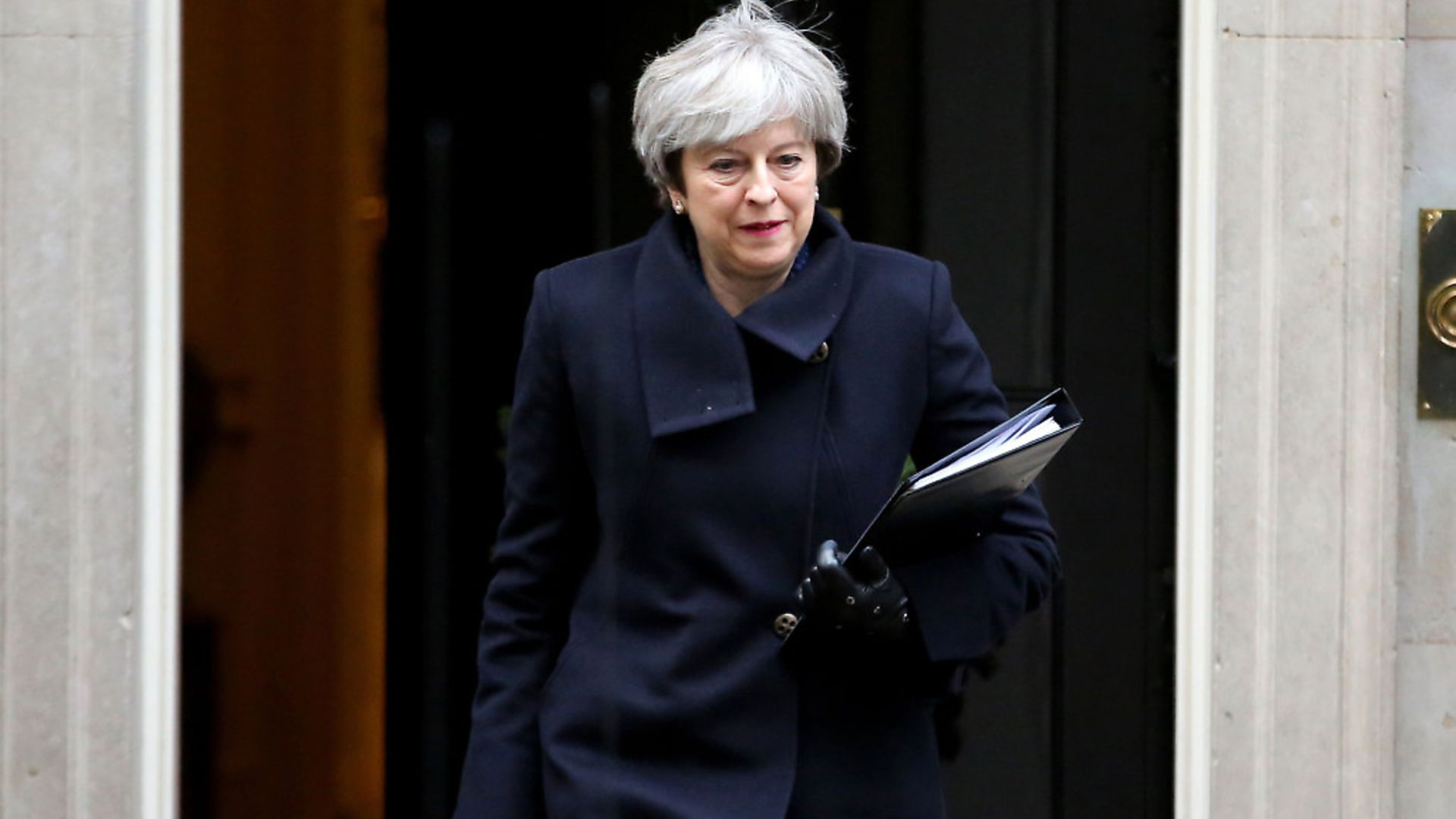
ANGELA JAMESON looks back on a troubled year for the UK economy, with more perils lying ahead in 2018.
As the year draws to a close, that big red bus drives back into focus.
The Financial Times has made a good stab of trying to work out what Brexit has actually cost the UK economy so far and, ironically, it calculates the loss as very close to the £350m a week figure that Brexiteers erroneously claimed, on the side of a bright red vehicle, could be saved by leaving the EU.
The FT’s analysis that we are now £340m a week worse off – the equivalent of producing £18bn less a year – seems a good place to start a review of a mixed year.
On the one hand, the UK ended the year with strong growth in the manufacturing sector and a record high order book, near-record levels of employment and a rallying oil price.
On the other, GDP growth was lower than last year’s and set to get lower, as the UK gets left behind as the global economy looks set to take off at its fastest rate since 2011. Inflation is at a six year high and growth forecasts have been cut for next year and the three years after that.
Squeezed UK consumers are spending less, because real incomes have fallen, which is having an instant impact on the high street.
Frankly, it’s been a trying year for retailers and there will doubtless be casualties in the first week after Christmas, when the bills are tallied. Toys R Us is making the early running for a headline collapse, but New Look, owned by the South African giant Steinhoff – which is being dubbed the new Enron – is in big trouble. There are also question marks over House of Fraser and Debenhams, as shoppers shun mid-market department stores.
In 2017 we saw the Bank of England’s interest rate setters call time on the decade-long period of ultra-low interest rates. Rates rose from just 0.25% to 0.5%, but at least two more increases are anticipated by the Bank over the next three years. Optimists call this a return to normal, after the long lingering global financial crisis, but it will cause pain for some borrowers.
This year was also remarkable for the UK’s extraordinarily resilient labour market. However, between August and October, the number of people in work fell for the first time in a year, signalling the possible end of Britain’s five-year period of rapid employment growth.
Immediately after the referendum, sterling’s value plunged, which was great news for the biggest companies on the UK stock market as many make their money overseas. That situation has corrected this year as the pound has rallied.
London’s biggest companies will end the year up just 4%, which is nowhere near as emphatic a performance as either on Wall Street – where the Dow is up 23% – or in the Eurozone, where the DAX was up 15% on the year to date and the French CAC40 was up 11%.
The problem for the FTSE is there is a dearth of overseas buyers for British stocks. This has meant that any negative sentiment from British blue chips has sent investors running to the exit. BT, Dixons Carphone, Provident Financial, WPP and Centrica have all seen precipitous price falls this year. Foreign investors, in stocks and shares at least, just do not seem to want the exposure to the UK market that in the past they would have.
According to a CBI poll, almost two-thirds of British businesses say changes in the labour market will also make the nation a less attractive place to invest over the next five years.
This may be down to Brexit but domestic political risks are also a factor. Theresa May’s weak government and the potential for another general election, which could usher in a Labour government, are putting off investors.
And it’s not just global investors being deterred. Figures from the Office for National Statistics revealed net immigration to the UK from the EU dropped to its lowest level since records began between April and June – just 9,000. That is already causing a headache for businesses that want to expand and will become a bigger issue as the Brexit deadline nears.
On balance, 2017 was not a year to toast for most business leaders. With the prospect of more political brinkmanship over trade talks during 2018, the Christmas break looks even more welcome than usual.
Warning: Illegal string offset 'link_id' in /mnt/storage/stage/www/wp-includes/bookmark.php on line 357
Notice: Trying to get property 'link_id' of non-object in /mnt/storage/stage/www/wp-includes/bookmark.php on line 37






